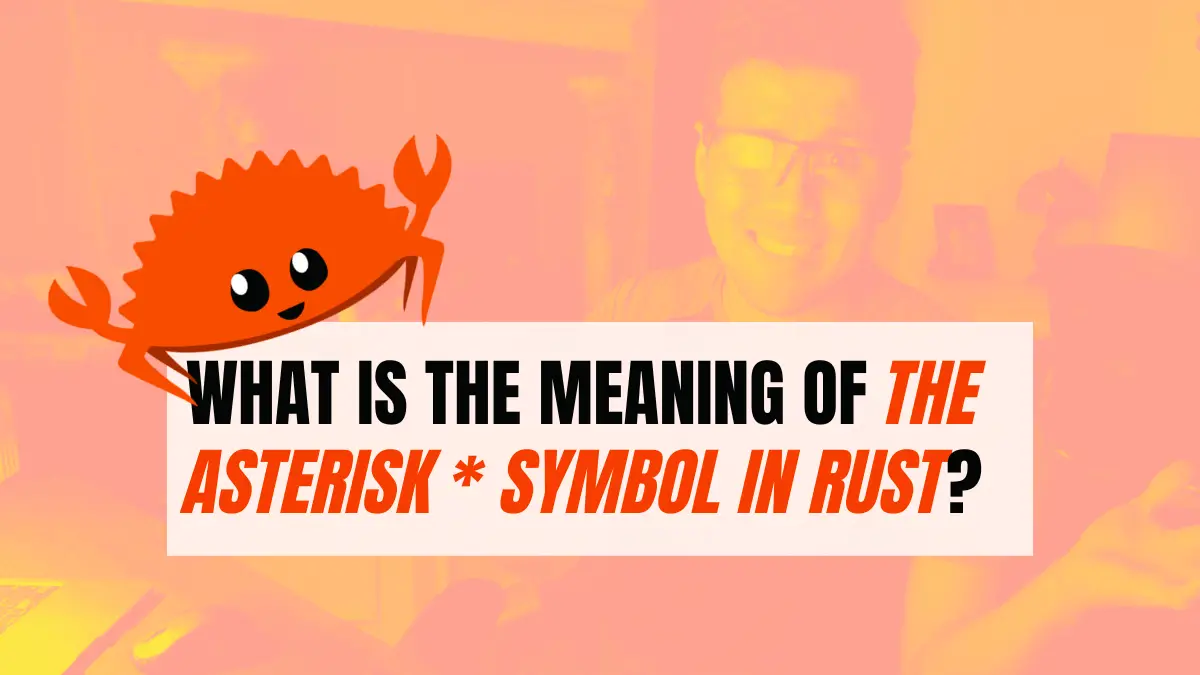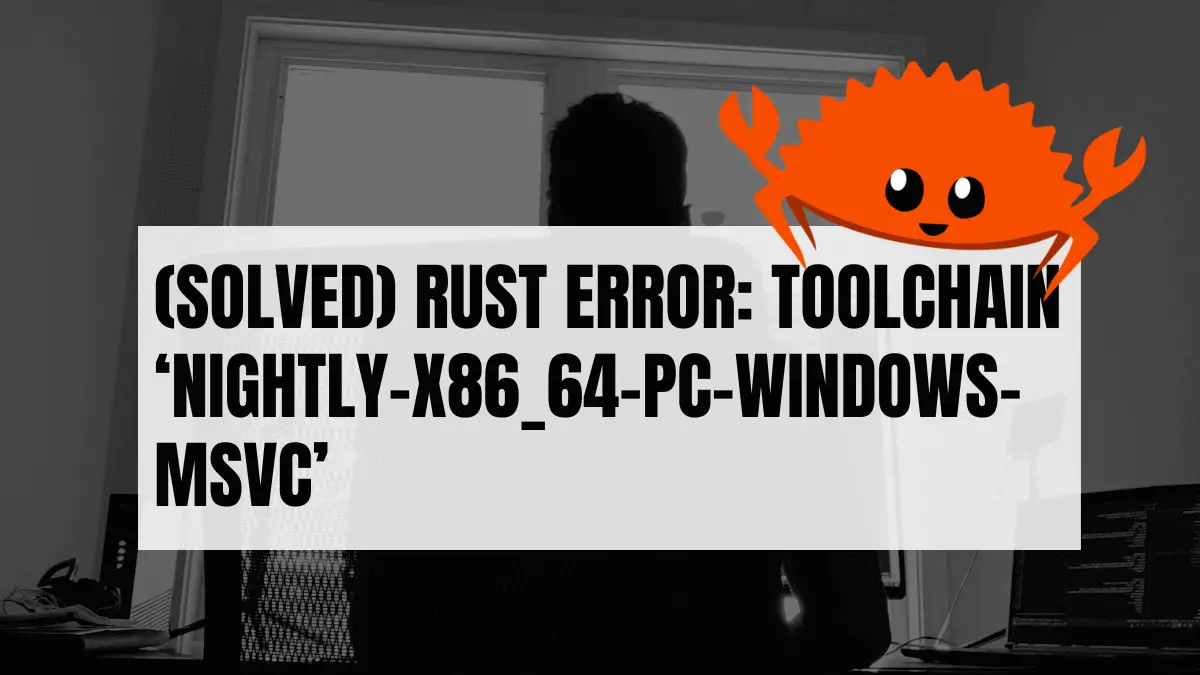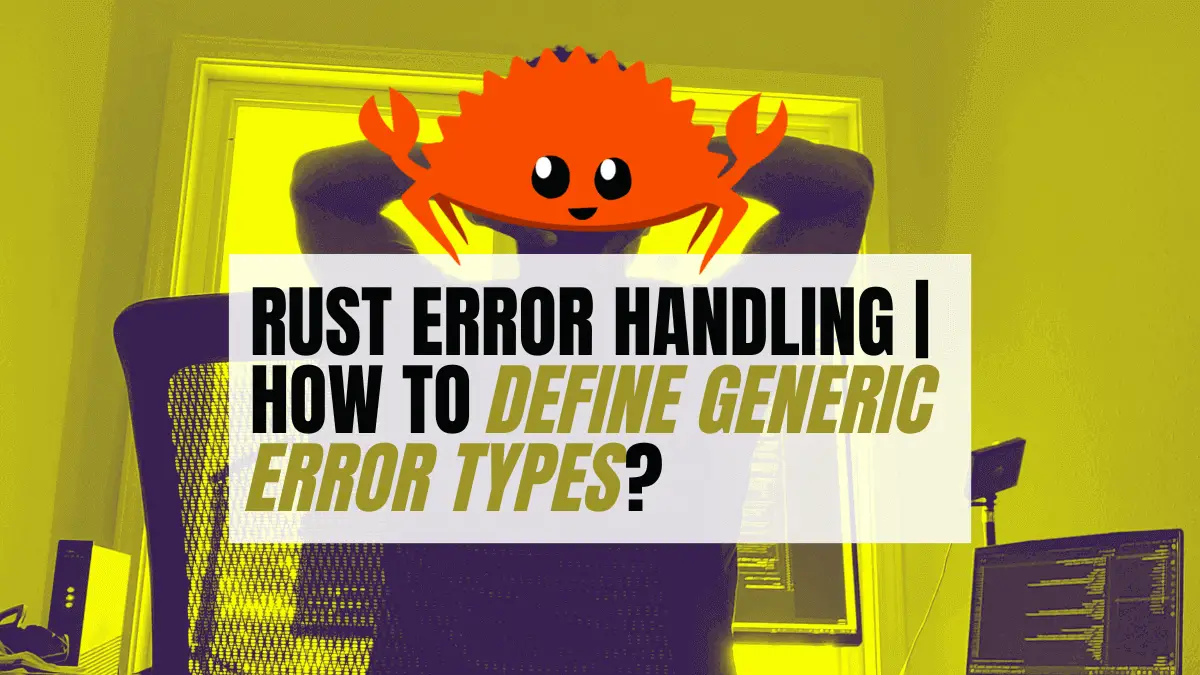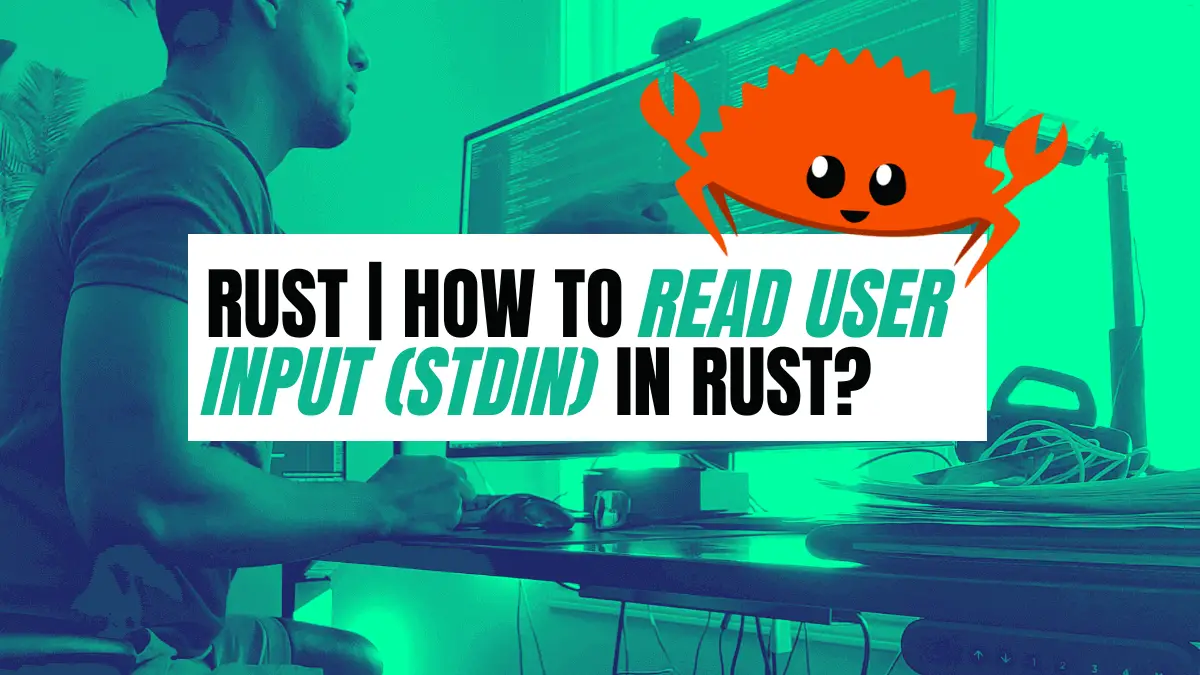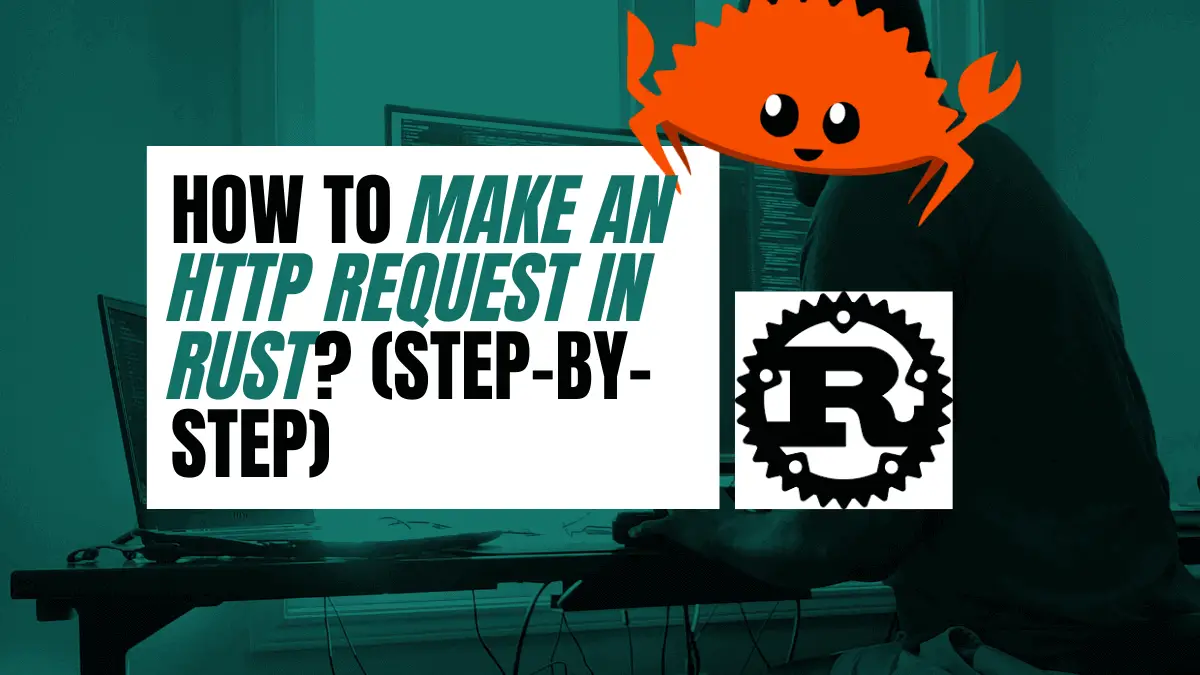What is the Meaning of the Asterisk * Symbol in Rust?
Have you recently seen the asterisk (*) symbol in Rust while reading someone else’s code and you are not sure what it means? No worries, this article will explain the meaning of * and show you how it can become handy during development. The asterisk (*) symbol is Rust’s dereference unary operator. The dereference operator … Read more

